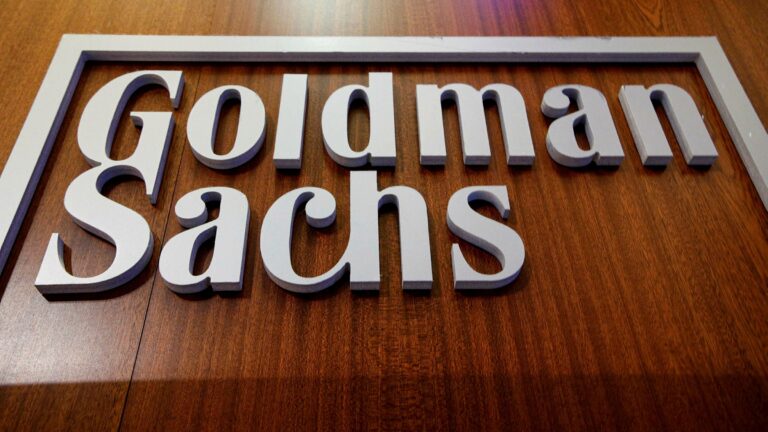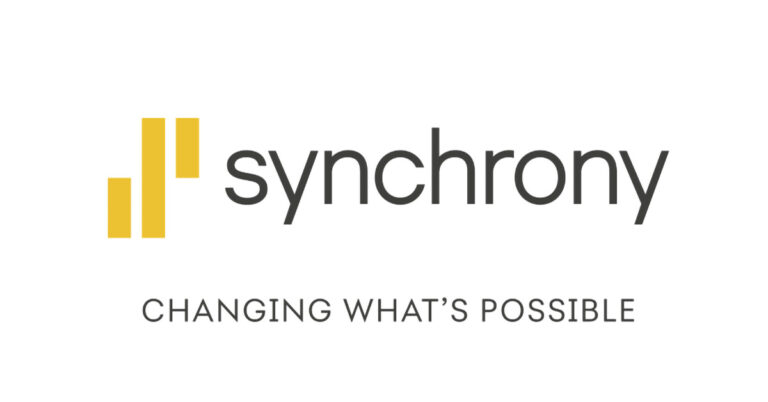What is a Brokerage Account? How does it Work?
If you want to trade in financial investment products like stocks, bonds, mutual funds, and others, you first need to open a brokerage account from where you will conduct all your trading transactions. From a brokerage account, you can buy and sell various forms of investment instruments. This article gives a detailed overview of what a brokerage account is, how it works, and the various types among others items.
What is a Brokerage Account?
A brokerage account is an arrangement between you and a broker (or firm) to facilitate the trading of stocks, bonds, mutual funds, ETFs and other financial instruments. In order for you to conduct transactions in your brokerage account, you must have a valid agreement with the broker that specifies the terms of your relationship.
In the agreement, the investor deposits money in the brokerage account with a licensed brokerage firm and authorizes the firm to place trades on their behalf. While the firm executes the trading, the assets used in trading belong to the investor and has full claim of the gains incurred from the account. The brokerage firm is only paid a percentage commission of the gains.
From your brokerage account, you can build your personal investment portfolio through;
- Buying and selling stocks, ETFs, mutual funds and other investment instruments
- Setting aside some money for your future goals like retirement or college tuition
- Taking advantage of potential long-term growth
- Gaining access to investment tools, research, and strategies
Brokerage accounts are also called taxable accounts because the investment income they hold is subject to capital gains taxes.
How do brokerage accounts work?
When you open a brokerage account, you deposit money with a broker or investment firm. Once you have opened a brokerage account, it doesn’t become operational until you fund it with cash or securities from another account.
After funding your account, your trade orders can be placed via phone calls to the broker or through an online platform provided by them. When placing an order for buying or selling stocks or other investment products, brokers take responsibility for executing them accurately according to market rates.
Once the trade is completed, your brokerage account balance automatically gets updated with the proceeds of the transaction. Any other income such as dividends or capital gains are also credited to your brokerage account. You can then use this money to make further investments, pay off debts, or withdraw for personal use. Brokers also provide other services such as portfolio management, trading advice, and tax guidance.
Types of Brokerage Accounts
There are several types of brokerage accounts as highlighted below;
Cash Accounts
In a cash account, the investor must pay the full amount before any securities can be purchased. This account does not allow the investor to borrow money from the broker to pay for purchasing of securities. These are the simplest form of brokerage accounts and require you to use only cash for trading investments.
Margin Accounts
Margin accounts allow investors to borrow a certain amount of money from their broker to purchase securities. The borrowed amount must be repaid with interest when due. Margin accounts are more risky but they can provide great potential returns on investments if used correctly.
Universal Accounts
Universal accounts combine both a cash account and a margin account into one. This allows investors to invest with both borrowed money and their own funds in the same account. Universal accounts usually carry higher risks than other types of brokerage accounts due to the leverage available from borrowing money for investing.
Retirement Accounts
Retirement accounts are specialized brokerage accounts that allow investors to save for retirement. These accounts offer special tax incentives as some of the contributions made to these accounts may be eligible for tax deductions. They include 401(k)s, Traditional IRAs, and Roth IRAs among other types of retirement accounts.
Joint Brokerage Accounta
Joint brokerage accounts can be opened by two or more individuals and are often used by spouses. These accounts offer the same benefits as regular brokerage accounts but are owned jointly, so all owners have access to the account and its funds.
Education accounts
Education accounts are specialized brokerage accounts that allow parents to save for their children’s college education. These accounts offer tax advantages, such as tax-deductible contributions and earnings growth that is not subject to taxes. Examples of these types of accounts include 529 college savings plans and Coverdell Education Savings Accounts (ESAs).
The Rise of Self-Directed Investing
The rise of self-directed investing brought about by an increase in online brokerage has made it possible for investors to take control of their investments and make trades without relying on a broker. Through self-directed investing, investors conduct investment research and choose which investment product to include in their portfolio.
While these accounts are often cheaper and more convenient, they also require a higher degree of financial literacy and knowledge. In addition, self-directed accounts may not provide the same level of guidance and protection as traditional brokerage accounts.
The advent of robo-advisor has also fueled the rise of self-directed investing. Robo-advisors are automated software platforms used in mobile apps from where investors can conduct their research and make investment decisions at reduced costs.
How to Open a Brokerage Account
Opening a brokerage account is relatively easy and straightforward. You will need to provide the following details to open a brokerage account;
- Your name
- Date of birth
- Address
- Social Security number
- A driver’s license or passport, or other government-issued ID
- A basic overview of your investment objectives
- Financial information, such as your net worth and annual income
- Information on your employment status
Once these details have been provided, the broker will review the information and may require additional documentation for verification purposes before opening the account.
How Safe are Brokerage Accounts?
Although brokerage accounts can be risky, they are generally considered safe. Brokerage firms are regulated by the Securities and Exchange Commission (SEC) and must adhere to strict rules when it comes to protecting customer funds. In addition, most brokerages also provide additional security measures such as two-factor authentication for login attempts.
What Brokerage Account Should I Open?
The type of brokerage account you should open depends on your investment goals and financial situation. If you are looking to invest for retirement, opening a specialized retirement account is the best option. For more general investments, a universal or joint brokerage account might be suitable.
Self-directed investors may be better off with an online broker that offers lower fees and commission rates. Ultimately it is important to weigh up all the options available before making a decision about which type of brokerage account to open.
Conclusion
A brokerage account is an essential financial tool for anyone looking to invest. With the right research and investment strategy, a brokerage account can offer a range of benefits, from tax savings to greater control over your investments. It is important to choose the right account for you in order to maximize your chances of achieving your financial goals.
For more information about what types of accounts are available and how to open one, it’s best to consult with a qualified financial advisor who can provide personalized advice tailored to your needs. This way, you can be sure that you’re making the best decision when it comes to choosing the right brokerage account for yourself. In any case, the decision should always come down to what makes the most sense financially






